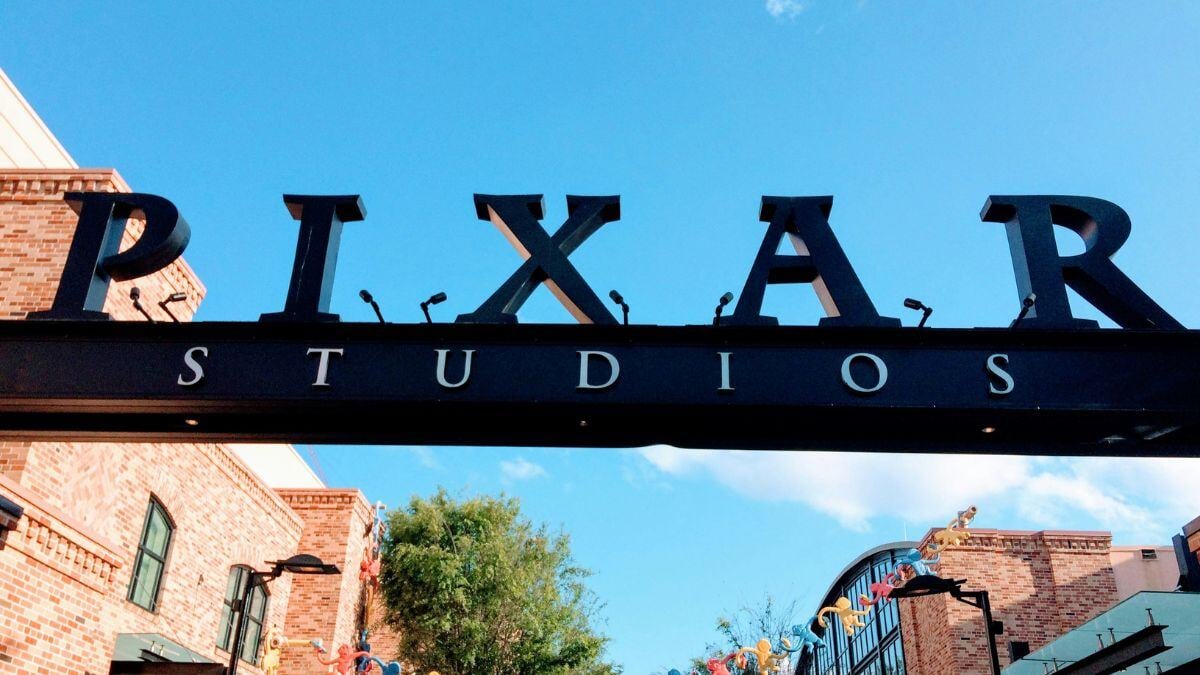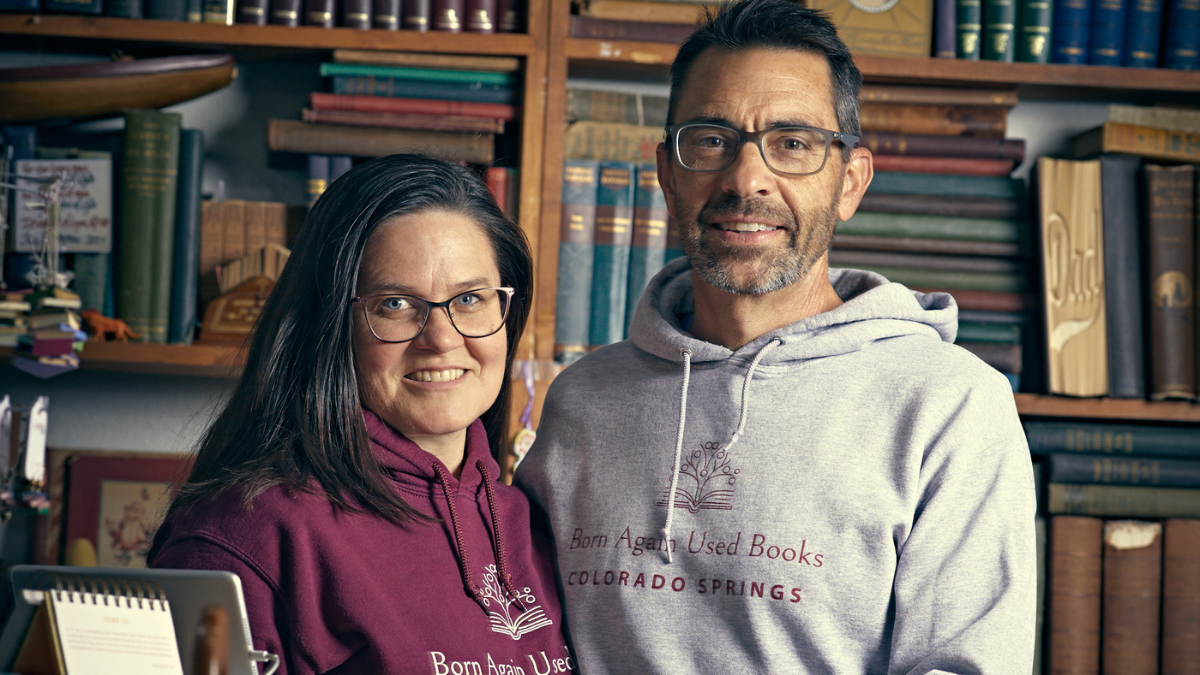14,000 Children Are Forever Harmed
Author: John Stonestreet

Author: John Stonestreet and Shane Morris
If this were a movie trailer, I might begin this commentary with the line, “In a world where Dylan Mulvaney almost destroyed Bud Light. . . .” As it turns out, the 2023 incident when a transgender activist crashed sales of America’s best-selling beer was a turning point. Since then, we’ve seen a number of companies respond to public pushback on gender ideology. In fact, the latest example may be the most surprising.
A couple of weeks ago, Hollywood Reporter revealed that the animation giant Pixar’s new original streaming series Win or Lose “will no longer include” a planned transgender storyline. A spokesperson for Disney confirmed the report, explaining,
When it comes to animated content for a younger audience, we recognize that many parents would prefer to discuss certain subjects with their children on their own terms and timeline.
This welcome news could not be more different than the tune Disney has been singing for years. In 2017, the director of the live-action Beauty and the Beast trumpeted its “exclusively gay moment.” 2022’s Lightyear featured a same-sex kiss, and Disney’s Strange World featured a gay relationship. And of course, it’s a big change from 2022, when then-CEO Bob Chepek led Disney in open political activism against Florida’s so-called “Don’t Say Gay” bill. Chepek ultimately lost the battle, along with his job.
In all these instances, there was no hesitation by Disney to push “certain topics” on children or their parents. What is behind the about-face? Perhaps it’s because Disney and its studios have experienced their own “Mulvaney moment.” According to Hollywood Reporter, Pixar decided to remove the trans subplot in Win or Lose about the same time as major layoffs in that studio and in its parent company. Those cuts followed a steady lineup of box office flops involving LGBTQ themes. In fact, Disney has been bleeding out financially for a while, with one news site describing how “high-budget movie failures, combined with challenges in their streaming and theme park operations” left the Mouse House in a “rocky” spot by the second half of 2024.
The idea that parents are best suited to handle these controversial topics with their kids would have been viciously denounced back in 2020 as “homophobic” and “transphobic.” Scathing opinion pieces in The New York Times and other outlets would have called consumers to boycott and punish Disney. Apparently, even at the happiest place on earth, times are changing.
There are other examples. A former Pixar employee told IGN that Inside Out 2, which released in June, was also supposed to include an LGBTQ subplot. However, writers were told to make the main character “less gay.” As it turns out, the “less gay” film turned the year around for Pixar, earning its biggest box office return ever.
While it’s too early to declare victory here, it does feel as if an ideological fever has broken. Woke ideology, especially on the issue of gender, has culturally faltered. In fact, more companies and candidates see it as a financial and political liability.
If an entertainment juggernaut like Disney is forced to give up on the propaganda, what does that mean for this movement that has seemed untouchable for so long? What does that say about the proclamation that certain beliefs and activists are “on the right side of history” and Christians on the “wrong side”?
Perhaps the most important lesson to take from Disney’s and Pixar’s about-face is to soundly reject the “inevitability narrative.” Cultural degradation is not certain, and Christians do not have to perpetually retreat. Sometimes, pushing back makes a difference, especially for companies forced to feel the bottom line and for politicians forced to feel it at the ballot box. If enough people are willing to stand up and challenge powerful interests promoting perversion, history can appear to switch sides ... or at least slow its march in the wrong direction.
Ironically, we have Dylan Mulvaney to thank for this shift, at least in part. Trans activists pushed too far and too fast. However, there are plenty of others: Billboard Chris, Riley Gaines, Ryan Anderson, Alliance Defending Freedom, Abigail Shrier, and the 1792 Project are just a few, notable woke warriors. Not on that list are the churches and pastors and Christian leaders who thought the risk of speaking out would be “too costly” for their platform or would “get in the way of the Gospel.” They were the ones on the wrong side of history.
 Read More
Read More

Authors: John Stonestreet and Dr. Timothy Padgett
.jpg)
Author: John Stonestreet and Dr. Timothy D. Padgett